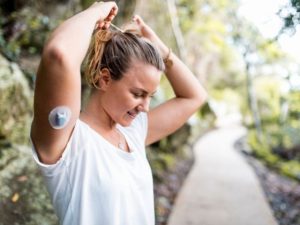Virtual Reality
With virtual reality, staff can be at various locations worldwide and can still be surrounded in an engaging and educational environment. With this type of learning, staff have greater motivation to learn.
As a nursing educator, numerous challenges are faced in integrating simulation training of each organization into the overall clinical education aspect. Challenges include reliability measures and gauging staffs’ progress, align outcomes with competencies, and implement current technology.
With the advancement and availability of healthcare simulation programs, virtual reality provides a single integrated system with a full spectrum of options for mid-to large-size organizations. From audio-visual hardware and software to management, evaluation, and mobile device access, this type of technology enables evaluators to devote their full simulation efforts to achieve positive results and outcomes.
Staff are not focused only on pages of text and illustrations but will have a chance to experience the reality itself.
It is thought that with virtual reality, more areas such as training, education, and improved rates of skill competencies will be noted among healthcare organizations.









